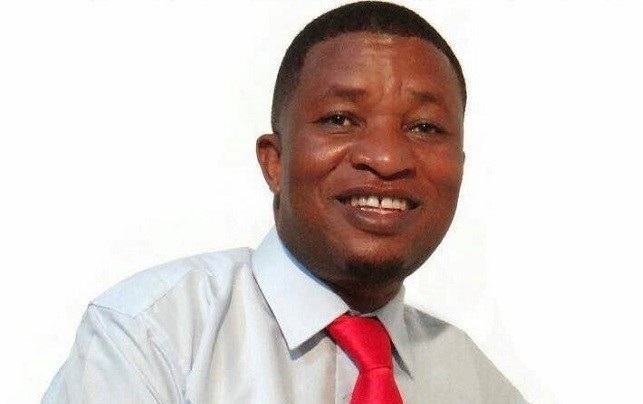The twin crises of COVID-19 pandemic and the climate emergency should not be tackled separately, Mithika Mwenda, the Executive Director of the Pan African Climate Justice Alliance (PACJA), has said.

Speaking during the opening session of the Second World Forum on Climate Justice co-organised by the PACJA and the University of Glasgow, Caledonia, UK, Mwenda said a narrow focus on the pandemic while leaving the climate crisis is like treating a person of a treatable disease while deliberately leaving the cause.
“The cause, symptoms and the disease itself should simultaneously be dealt with,” he said.
Held ahead of the 26th Conference of Parties to the UN Framework Convention on Climate Change (COP26) slated to hold from November 1 to 12, 2021 the UK, the World Forum on Climate Justice is said to be vital in contributing to the discourses around climate justice, and more importantly rekindling global action to address climate change, that has been slowed down in the past two years by the COVID-19 pandemic.
“Our voices, both from Africa and our allies in the Global North, should be loud particularly now, as we prepare for COP26. Africa is bearing the brunt of a problem it did not create, as evident from the IPCC report released last August. There is no scenario in which that can be right or acceptable,” he said.
Participants at the forum said that thanks to COVID-19, many countries fell behind their plans to take critical decisions to bring the world closer to limiting global warming to at least 20 Celsius this century, and reaching the 1.5 degrees Celsius, considered to be safe for both humanity and the planet.
According to Mwenda, the IPPC report indicates that the global inaction has drifted far away from that goal and could soon reach global warming levels that will trigger effects across the climate system that are irreversible.
The report notes that the only way to avoid that is if global community took decisive action commensurate with both the scale and urgency of the climate crisis.
Mwenda told the gathering at the Forum that the amount of money rich countries raised within a record time to tackle COVID-19 was unbelievably reawakening, given that, for years, they failed to respond similarly to the threats of climate change.
“There is only one possible explanation for this contradiction: climate change impacts primarily affect poor countries and communities, whereas wealthy nations were hit the hardest by COVID-19,” he remarked.
He added that the indifference to suffering in the Global South continues to be self-evident in the unequal access to badly needed COVID-19 vaccines in poor countries and said it is disheartening how poorly veiled the efforts of rich countries to starve Africa and the rest of developing nations of essential doses has been.
Additionally, said Mwenda, “we have learned that the world’s problems can no longer be analysed and addressed in isolation.”
He pointed out that the same vulnerabilities that have worsened and left communities devastated by COVID-19 are the same that expose people to the impacts of droughts, unpredictable rains, pest attacks and other extreme events currently being experienced across Africa and other parts of the world.
Participants noted that responding to COVID-19 and recovering from its impacts can therefore not serve as an excuse to further delay ambitious climate action and the decisions needed to enable them.
“Both must be addressed together,” they noted, pointing out to the hundreds of thousands of COVID-19 deaths to the major floods, storms, and wildfires that we have wrecked communities in Europe and America in the past months.
“This can only make us to safely conclude that we can no longer frame global problems as matters of concern to rich or poor countries, the haves and have-nots, the weak and the strong, women and men, the youth and the old. We are in the same boat, even if on different decks. We will sink together unless we work together to avoid the worst-case scenario,” said Mwenda.
